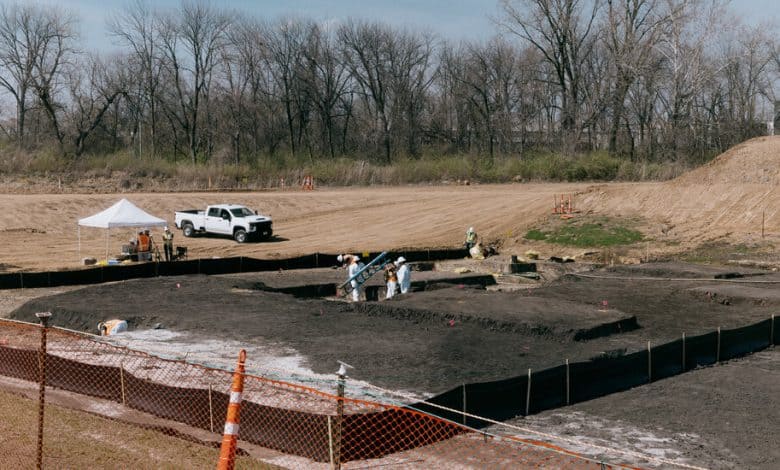U.S. Fund for Nuclear Radiation Victims Set to Expire Amid Impasse in Congress

A law allowing victims of government-caused nuclear contamination who developed cancer and other illnesses to receive federal compensation was set to expire on Friday, amid an impasse in Congress over significantly expanding eligibility for the program.
The law, known as the Radiation Exposure Compensation Act, was enacted more than two decades ago in an effort to make amends to civilians sickened by the legacy of the nation’s aboveground nuclear testing program. It has paid out more than $2.6 billion in benefits to more than 55,000 claimants since its creation in 1990.
But without congressional action, individuals sickened by exposure to nuclear radiation will no longer be able to apply for compensation and could eventually lose access to free cancer screenings provided by local clinics provided under the law.
“The Senate has passed this legislation twice. The House has passed nothing,” Senator Josh Hawley, Republican of Missouri, who has led efforts to expand the law, said in an interview. “They’ve done nothing. And the message, I guess, to our radiation survivors, to our veterans, to people across the country who’ve literally given their health and their lives to this country, is, ‘We don’t care, and good luck to you.’”
Driving the impasse on Capitol Hill is a fight over whether to substantially broaden the program to include wide swaths of the country that were affected by aboveground testing — people known as “downwinders” — as well as individuals sickened by exposure to toxic nuclear waste produced by uranium processing plants across the nation.
